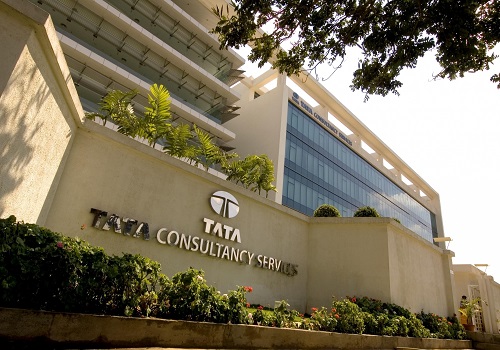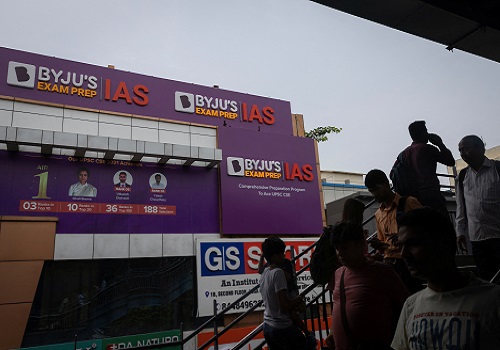Pre-Budget Expectations on Mutual Funds and Banking by Manoj Purohit, Partner & Leader, Financial Services Tax, Tax & Regulatory Services, BDO India

Below the Pre-Budget Expectations on Mutual Funds and Banking by Manoj Purohit, Partner & Leader, Financial Services Tax, Tax & Regulatory Services, BDO India
Mutual Fund:
1. Uniformity in tax treatment
Currently, the tax rates vary for short-term and long-term assets, depending on the type of capital asset and payment of applicable securities transaction tax. For listed shares, a holding period of 12 months qualifies as long-term, whereas for unlisted shares, it extends to 24 months. Similarly, listed debentures require a 12-month holding period for long-term status, compared to 36 months for unlisted debentures Equity-oriented mutual fund units achieve long-term status after 12 months, while it is 36 months for debt-oriented mutual fund units. Tax rates on capital gains range from 10%-30%, depending upon the nature of financial asset and holding period. To simplify tax regulations and ensure equity across equity and debt segments, it is expected that the law will be amended to consider all the types of financial assets as long-term capital assets after 12 months of holding. Additionally, a single tax rate for long-term and short-term capital gains should be introduced, regardless of whether the investment is equity or debt; listed or unlisted.
2. Extension of benefit of Equity Linked Savings Scheme
Equity Linked Savings Scheme (ELSS) was introduced to encourage retail investments in equity instruments. By providing a deduction of INR 1.5 lakhs on investments in ELSS, the investors avail the dual benefit of tax benefit and long-term capital growth. Given the growing interest in the debt market and to channelise household savings into debt and bond markets, it is an opportune time to introduce Debt Linked Savings Scheme (DLSS). Similar to ELSS, investors should receive a deduction of up to INR 1.5 Lakhs in DLSS. This initiative will bring debt-oriented mutual funds at par with tax-saving instruments such as ELSS and tax-saving bank fixed deposits, eligible under section 80C. The introduction of DLSS with tax benefits will provide retail investors with an alternative avenue to participate in the bond market, offering lower costs and reduced risks compared to equity markets.
Banking:
- Reduction in corporate tax rate - Foreign bank branches in India are currently taxed at a rate of 40% (plus applicable surcharge and cess) under Indian tax laws. The Government has already brought down the corporate tax rate for domestic companies from 30 % to 22% (plus applicable surcharge and cess) w.e.f FY 2019-20. This shift has created a disparity between the corporate tax rate applicable to foreign and domestic companies. Now is an opportune moment to address this disparity and rationalise the corporate tax rate for foreign companies including bank branches.
- Increase in FDI limit for Public Sector Banks - Following the earlier Budget announcements on the privatisation of two Public Sector Banks, there is growing anticipation that the government will raise the Foreign Direct Investment limit (FDI) in public sector banks from the current cap of 74% to 20%. This hike will bring the public and private sector banks on par, wherein 74% FDI is already permitted. This is expected to enhance foreign investment in large banks undergoing review for either consolidation or restructuring and resolve the liquidity challenges faced by major public sector banks.
Above views are of the author and not of the website kindly read disclaimer






















